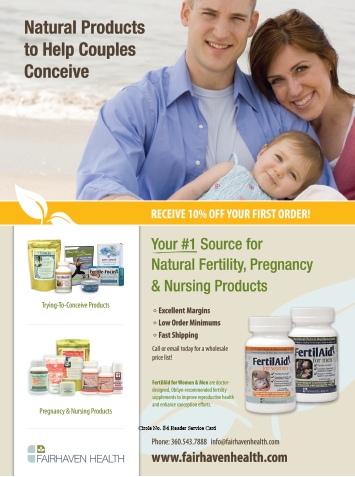In today’s natural products industry, some say it is the best of times, and others, the worst of times. We have reached new heights in creative product development. Many natural and organic products have never tasted better or have been as good for our bodies. Companies are greening—not green washing—their practices and American consumers are taking notice. They’re loving clean products in every sense of the word and coming down hard on those that make false claims.
But despite these encouraging signs of growth, there are still companies and individuals that are intentionally skirting the rules. These few give everyone a bad name and tempt regulators to create unreasonably narrow and strict standards  by which all companies must abide.
by which all companies must abide.
The dichotomy is evident in some of the stories that made headlines over the past month.
Will the Twink Sink?
First, we heard in mid-January that the days of iconic U.S. junk food baker Hostess Brands could be numbered, as it filed for Chapter 11 bankruptcy. The struggling company is the maker of what I feel are some of the worst foods out there, like cottony, ultra-refined WonderBread and Twinkies (which, along with cockroaches, might survive a nuclear disaster). Despite the one-time popularity of these goodies, Hostess has been experiencing declining sales and can’t keep its head above water any more.
I’m certainly not one to revel in the fall of an American company, but I feel Hostess’s bankruptcy says something about the changing demands of U.S. shoppers. They are tired of the junkiest of junk food and aren’t relying on it as a daily fix. Slowly, but surely, there’s positive change happening in many American households’ food choices.
But I also saw this story as a warning. I’ve heard more than one natural products retailer say that there’s plenty of “healthy” junk food out there. Some have as much sugar, fat and salt as the worst mainstream foods. While most people need a little something sweet or salty here and there, we know the key is moderation. Our stores and our companies need to have a similar balance with their offerings. Do the products sold support their mission of facilitating good health? If not, we could find consumers breaking through the organic halo and questioning whether our products are all they’re cracked up to be.
Hiding in the Shadows
At the risk of sounding dramatic, there are times in this industry when if one falls, we all fall. Sometimes, the most egregious violations of a dietary supplement rule can leave a stain on all players—even if the bad apples are by far in the minority.
In December, the U.S. Food and Drug Administration and Federal Trade Commission took a strong stance against homeopathic supplements containing HCG. They sent warning letters to seven companies marketing HCG weight-loss supplements and issued a consumer warning that these products (with big promises for shedding pounds) are in violation of the Food, Drug and Cosmetic Act.
In reporting on this topic, WholeFoods reached out to several HCG makers for comment. All declined, but one company’s reason was very telling: they wanted to fly under the radar.
While FDA hasn’t formally recalled HCG supplements, it’s clear they don’t like the use of them as an OTC weight-loss product. It seems strange that any company would want to hide out until FDA finds them. To me, it’s just not worth risking the possible repercussions for both the company and the industry as a whole. After all, we’re all in this together. WF
Kaylynn Chiarello-Ebner
Editor/Associate Publisher
Published in WholeFoods Magazine, February 2012










